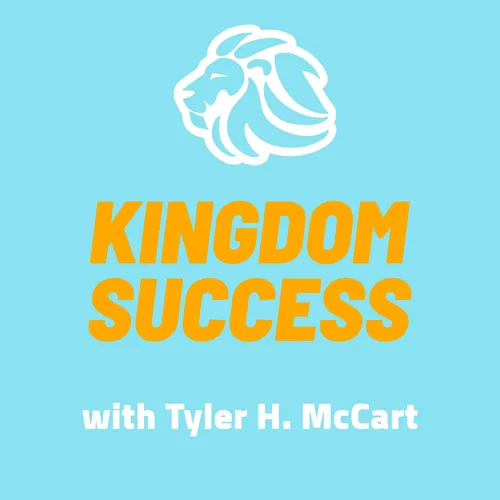KS 424 - Hope Is Not a Strategy: Family Planning for Christians
- Author
- Tyler H. McCart: Christian | Leadership | Business | Sales | Coach
- Published
- Tue 16 Sep 2025
- Episode Link
- None
What's the missing element in your family legacy plan? Most successful entrepreneurs wouldn't dream of running a business without a strategic plan, yet we often leave our most important organization—our families—to operate without clear direction or purpose.
The reason God chose Abraham reveals the answer. Genesis 18:19 tells us God selected Abraham specifically because "he will direct his children and his household after him to keep the way of the Lord." This divine endorsement of family planning serves as our foundation for creating lasting legacies that extend beyond financial success.
A comprehensive family plan consists of several critical components. Start with a vision statement—a concise declaration of what your family stands for (mine is "Passion for Jesus, compassion for people"). Develop a mission statement outlining how you'll live that vision daily. Identify core values that define your family character—these become the filters through which you make decisions. Finally, create a family constitution establishing rules for handling conflicts, money, responsibilities, and time.
Implementing this framework requires intentional family gatherings where everyone contributes to the conversation about what you collectively value. Document these discussions and revisit them regularly during family meetings. As Habakkuk 2:2 instructs, "Write the vision down, make it plain." My family has begun this journey by exploring what the McCart family should be known for—loyalty, family unity, generosity, and Spirit-led decision-making.
The benefits are transformative: unity during challenges, clear decision-making frameworks, stronger identity in your children, and effective transfer of both wealth and values to future generations. Don't leave your family's legacy to chance. Start crafting your family vision today, and discover how this intentionality becomes the foundation for generational impact.
Have you started developing your family plan? Share this episode with someone who needs to hear this message, and let me know how these principles are transforming your approach to family leadership.
